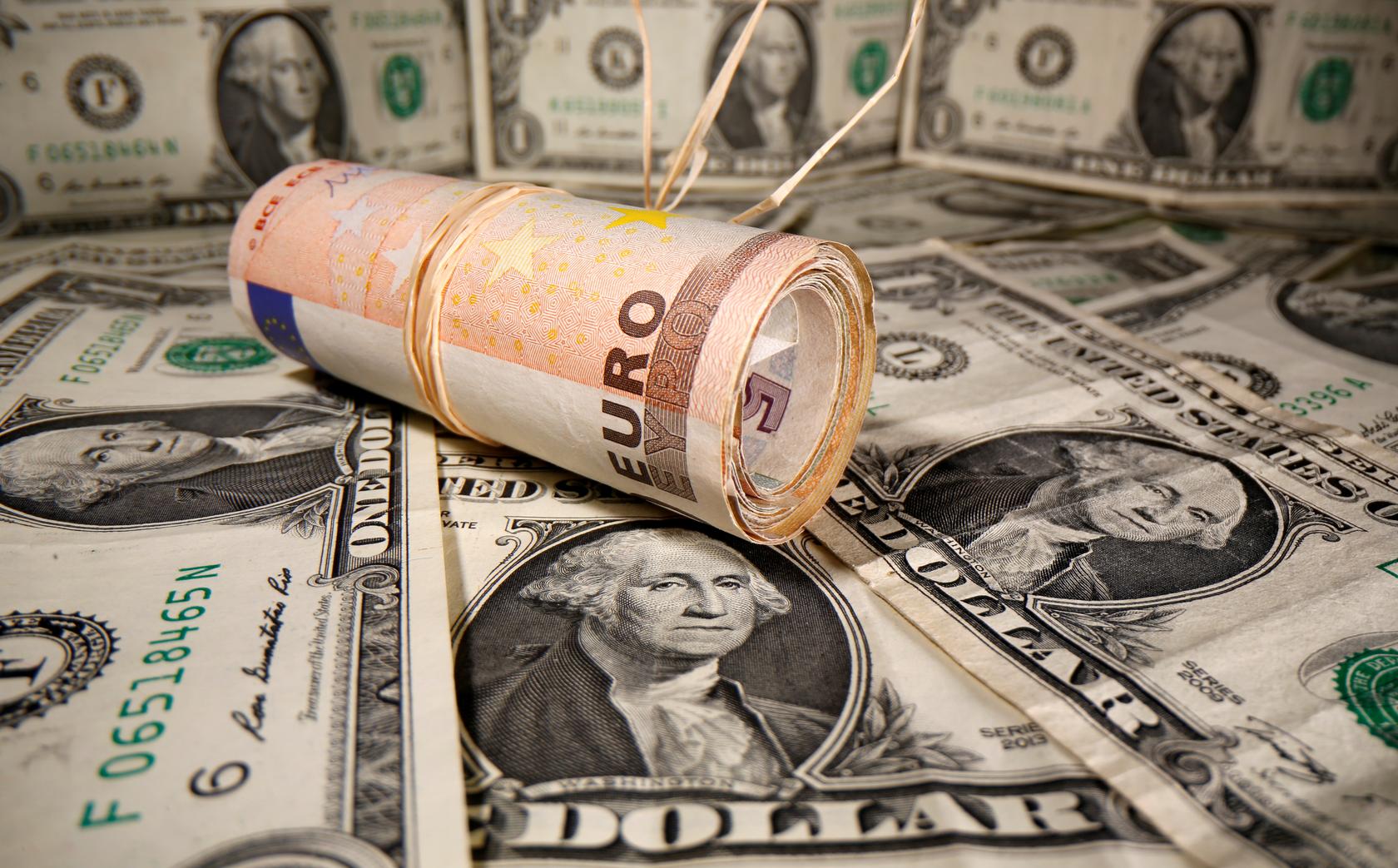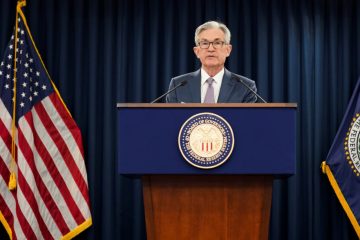Dollar hits highest since April as payrolls awaited

The dollar index hit 3-month highs on Thursday, ahead of a U.S. jobs report that could offer clues on when the Federal Reserve will start to pare back stimulus.
The U.S. currency rose as high as 111.165 yen for the first time since March 26, 2020, before trading flat compared to Wednesday at 111.095.
The dollar index, which measures the greenback against six counterparts, rose to 92.496 in early European deals, its highest since April 6.
The index posted its best month since November 2016 in June, driven by the Federal Open Market Committee (FOMC)’s surprise hawkish shift in the middle of that month, when policymakers signalled two interest rate hikes by the end of 2023.
Traders are looking to Friday’s U.S. nonfarm payrolls report for confirmation of that outlook, with economists polled by Reuters expecting a gain of 700,000 jobs last month, compared with 559,000 in May, and an unemployment rate of 5.7% versus 5.8% in the previous month.
The greenback extended gains on Wednesday after data showed U.S. private payrolls increased by a greater-than-expected 692,000 jobs in June.
“Logically, one should expect a larger dollar reaction in the event of a beat rather than miss,” said Calvin Tse, head of North America FX strategy at CitiFX. “Should the number come in significantly higher than expectations, the markets are likely to interpret that the strong labour market the Fed is expecting to see come the fall is happening earlier than expected.”
On the other hand, he said, the markets may ignore a lower number, especially if there is evidence labour supply rather than demand is the issue.
Recent Fed communications have downplayed supply-driven weakness, Tse added.
The euro edged down to $1.1851 after dipping as low as $1.1837 on Thursday for the first time since April 6.
The benchmark 10-year U.S. Treasury yield slipped as low as 1.4630% in Asia before edging up to 1.4747%.
Safe-haven assets including Treasuries, the dollar and the yen have been supported by the spread of the highly contagious Delta variant of the novel coronavirus, which threatens the global reopening narrative.
Australia, Indonesia, Malaysia and Thailand are battling outbreaks and tightening curbs, and Portugal and Spain announced restrictions for unvaccinated British tourists.
The Aussie dollar, seen as a proxy for risk appetite, slid 0.2% to $0.7476, hitting that level for the first time since Dec. 21, with Australia’s major centres of Sydney, Brisbane, Perth and Darwin all under lockdown.
The Reserve Bank of Australia will meet next Tuesday to decide on policy, and officials have already flagged it will announce its decisions on its three-year yield target as well as its broader quantitative easing programme, which is set to end in September.
RBA Governor Philip Lowe will also hold a news conference afterwards, in a break from recent procedure.
“If the RBA maintains a dovish tilt and does not take a step towards ending unconventional monetary policy, AUD is unlikely to regain losses sustained since the FOMC meeting,” Commonwealth Bank of Australia strategist Joseph Capurso wrote in a client note.
“AUD will remain heavy for the next few weeks at least,” possibly testing $0.7442, he said.



